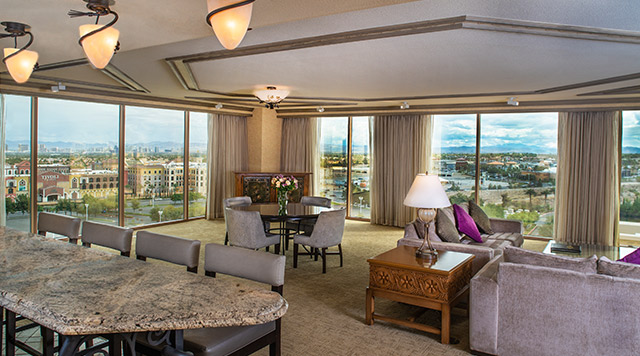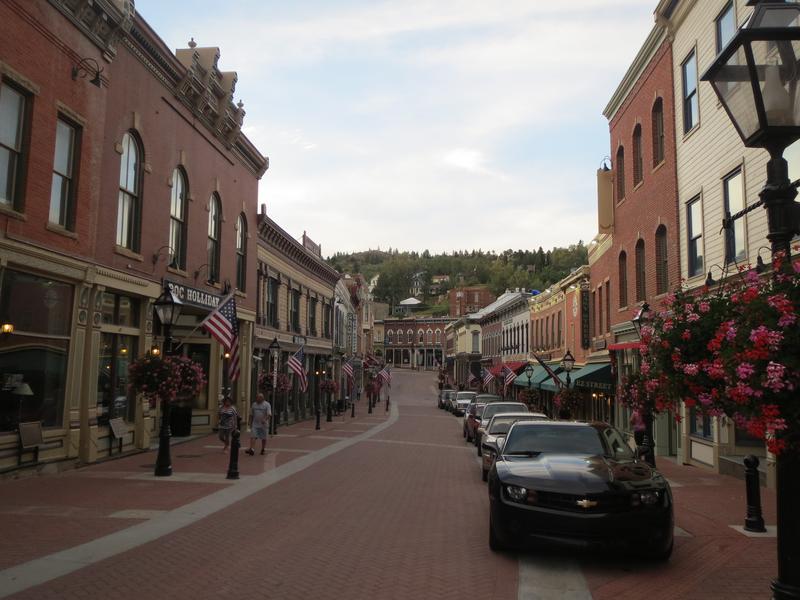Casino Liquor Co
The 2020 presidential election was a critical inflection point for our nation, and UNITE HERE built the largest union door-to-door canvassing operation in the country in key swing states. The Tipton Law Firm, P.C. Is a Denver, Colorado based law firm providing services in the states of Colorado and Pennsylvania. The Tipton Law Firm specializes in Casino Gaming Law, Liquor Law, Aviation Law, Estate Planning, Family and Business Succession Planning, and Corporate Organization. Liquor Rules: Rules as of 1/1/20. (This information is linked to the Secretary of State's website.). Runco & Proffitt attorneys help casino operators and suppliers obtain and maintain gaming licenses, as well as keeping our clients at the forefront of gaming law. Liquor Licensing and Permitting Runco & Proffitt provides complete alcohol law coverage for breweries, bars, restaurants, and all members of liquor industry. Charles, Mo., where Ameristar operates a casino, the company won approval a couple of years ago to extend the end of liquor service from 1:30 a.m. In nongaming areas, such as its.
Our attorneys spearhead and manage all liquor licensing needs, using a comprehensive approach that extends beyond acquisition and renewal.
We provide a comprehensive approach to liquor licensing and pride ourselves on producing a streamlined process from original concept to opening day and beyond for our clients. Our liquor licensing experts have a broad range of knowledge and experience in a wide variety of local, State and Federal licensing matters.

Messner Reeves employs specialists with specific liquor licensing experience with local and state licensing authorities in Colorado and New York and with the Federal Alcohol and Tobacco Tax and Trade Bureau (TTB). Our experts are known for excellent client communication and satisfaction and a proactive, entrepreneurial attitude.
Our representation can include, but is not limited to:
- Applications for new retail, manufacture, and wholesale licenses
- License renewals, modifications, show-cause hearings and other ongoing licensing activity
- Business-related matters concerning permits including corporate formation, Lease negotiation, and litigation
- Specific expertise in the following business categories:
- National restaurant portfolios
- Regional restaurants, taverns, liquor stores, hotels, and casinos
- Brewery, distillery and winery manufacturers
- Distributors and importers
- Sovereign Indian Nations

To schedule a consultation with an experienced liquor license attorney, please call the Law Offices of Messner Reeves LLP at 303-623-1800 or submit our online contact form.
Our clients range from national restaurant chains to local retailers and suppliers and include:
| Anthony's Pizza Champa Fine Wines Charcoal Restaurant Chipotle Mexican Grill Colorado Distillers Guild Bannock Street Garage El Camino Tavern Element by Westin Former Future Brewing Company Hogshead Brewery J & H Liquors Jelly Café Local 46 Bar Peach Street Distillers Pinche Taqueria Quiznos | Red Robin International, Inc |
If you need a liquor license and are concerned about red tape, we can help. Give us a call: 303-623-1800

Background
The gaming tax was first levied in 1991 when casino gambling became legal in the municipalities of Black Hawk, Central City, and Cripple Creek.1 The gaming tax is levied on casinos’ adjusted gross proceeds, defined as the amount of money collected from gamblers minus the amount paid to gamblers in winnings. For each month of operation, casinos remit gaming taxes to the Division of Gaming within the Department of Revenue by the 15th day of the following month. Casinos on the Ute Mountain Ute and Southern Ute Indian Reservations are not subject to the state gaming tax.

Most gaming tax revenue is subject to the TABOR limit on state revenue and spending. In 2009, Colorado voters approved Amendment 50, which allows additional casino games, higher bet limits, and longer hours of operation. In 2020, Colorado voters approved Amendment 77, which allowed the three local gaming cities to approve new casino bet limits and games. During the same election, the three cities approved local measures to eliminate casino bet limits and give their respective city councils the authority to approve new casino games. Gaming tax revenue attributed to Amendment 50 and Amendment 77 is not subject to the TABOR limit.
Tax Rate
Tax rates are set by the Colorado Limited Gaming Control Commission, a five-member regulatory body appointed by the Governor. The commission reviews tax rates annually and may raise or lower rates so long as they do not exceed 40 percent. Beginning July 1, 2012, adjusted gross proceeds are taxed at accelerating rates following the stepwise schedule shown below. For example, a casino must pay a 0.25 percent tax on its first $2 million in adjusted gross proceeds, and a 2 percent tax on its next $3 million. Casinos’ adjusted gross proceeds reset to zero on July 1, the first day of the state fiscal year.
Casino Adjusted Gross Proceeds |
|---|
Up to $2,000,000 |
$2,000,001 to $5,000,000 |
$5,000,001 to $8,000,000 |
$8,000,001 to $10,000,000 |
$10,000,001 to $13,000,000 |
$13,000,001 and over |
Tax Exemptions
Casinos operating on the Ute Mountain Ute and Southern Ute Indian Reservations in Archuleta, La Plata, and Montezuma counties are exempt from the gaming tax.
Distribution
The gaming tax revenue distribution is shown below. After administrative expenses are paid, gaming tax revenue subject to TABOR is deposited in the Limited Gaming Fund, and TABOR-exempt revenue attributable to Amendment 50 is credited to the Extended Limited Gaming Fund. The Colorado Constitution requires that 12 percent of limited gaming revenue be distributed to gaming counties, 10 percent to gaming cities, and 28 percent to the State Historical Fund for preservation of historical sites in gaming cities and statewide.2 The remaining half of the Limited Gaming Fund is allocated to state programs at the discretion of the General Assembly.3House Bill 20-1399 modified the transfers made from the Limited Gaming Fund to Cash Funds during FY 2019-20 and FY 2020-21, which are reflected in the Gaming Revenue Distribution chart below.
The Colorado Constitution requires that Amendment 50 and Amendment 77 revenue credited to the Extended Limited Gaming Fund be distributed as follows:
- 78 percent for financial aid and classroom instruction at Colorado community, junior, and district colleges based on each school's enrollment;
- 12 percent to Gilpin and Teller Counties, based on the proportion of Amendment 50 revenue raised within each county, to help address the impacts of gaming; and
- 10 percent to Central City, Black Hawk, and Cripple Creek, based on the proportion of the Amendment 50 revenue raised within each town, to help address the impacts of gaming.4
State Comparisons
Including Colorado, 26 states allow gaming at casinos, 29 states host casinos on Indian reservations, 23 states allow sports betting, and 41 states allow pari-mutuel wagering, which Colorado taxes separately from its casinos.
Casino Liquor Coupons
Sports betting

Sports betting was legalized in Colorado after the passage of House Bill 19-1327 and voter approval of Proposition DD during the November 2019 Election5. Sports betting became legal in May 2020, both onsite at casinos in Colorado's three gaming towns and online through casinos.
Sports betting is taxed at a rate of 10 percent on casinos' net sports betting proceeds, and the tax revenue will not be subject to TABOR as voter-approved state revenue. Sports betting revenue will be distributed to pay for the following in the order listed below:
- all administrative costs incurred by the Department of Revenue's Division of Gaming first;
- 6 percent to a hold harmless fund to reimburse recipients of current casino gaming tax revenue for any potential loss in revenue due to the legalization of sports betting;
- $130,000 for counseling services and a gambling crisis hotline in the Office of Behavioral Health in the Department of Human Services for gambling addiction problems; and
- the remaining amount to the Water Plan Implementation Cash Fund to fund water projects under the state Water Plan.
____________________
3Section 44-30-701 (2), C.R.S.
Casino Liquor Coupon
Casino Liquor Detroit Mi
| Colorado Online Tax Handbook Home |
|---|